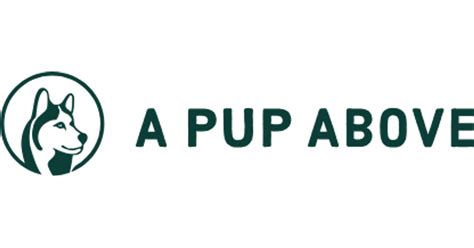In this article, we will discuss some of the most common dog behavior questions that owners have. We will provide answers to these questions based on the latest research and advice from dog training experts. By understanding your dog’s behavior, you can build a stronger bond with your furry friend and enjoy a more fulfilling relationship.

Training Your Dog
1. How do I train my dog to sit?
The sit command is one of the most basic and important commands that you can teach your dog, and it can be accomplished with positive reinforcement. When your dog sits, reward them with a treat or praise, and repeat the exercise until they understand the command.
2. How do I train my dog to stay?
The stay command is another essential command that can help to keep your dog safe and under control. Holding a treat in front of the dog’s nose and slowly step back. As your dog holds the stay position, gradually increase the distance and duration.
3. How do I train my dog to come when called?
The come command is a vital command for any dog owner, and it can be lifesaving in certain situations. Come with a treat in your hand, say the dog’s name and the command “come”. If the dog comes to you, give them the treat.
4. How do I train my dog to walk on a leash without pulling?
Walking your dog on a leash without pulling can be a challenge, but it is possible with patience and consistency. Start by teaching your dog to walk on a loose leash in a quiet area, gradually increasing the distractions as your dog progresses.
5. How do I train my dog to stop barking excessively?
Excessive barking can be a nuisance for both you and your neighbors, but there are several things you can do to stop it. If your dog is barking at other dogs or people, try to redirect their attention with a treat or a toy.
Problem Behaviors
1. Why is my dog aggressive towards other dogs?
Dog aggression is a common problem that can be caused by a variety of factors, including genetics, socialization, and training. If your dog is aggressive towards other dogs, it is important to seek professional help from a veterinarian or dog trainer.
2. Why is my dog destructive when I’m not home?
Destructive behavior in dogs can be caused by a variety of factors, including separation anxiety, boredom, and lack of exercise. If your dog is destructive when you’re not home, try to provide them with plenty of exercise and mental stimulation before you leave.
3. Why is my dog afraid of strangers?
Fear of strangers is a common problem in dogs, and it can be caused by a variety of factors, including genetics, socialization, and traumatic experiences. If your dog is afraid of strangers, it is important to socialize them slowly and positively.
4. Why is my dog constantly licking its paws?
Excessive paw licking can be a sign of a medical problem, such as allergies, skin infections, or pain. If your dog is constantly licking its paws, it is important to take them to the vet for a checkup.
Health and Wellness
1. What are the signs and symptoms of a healthy dog?
A healthy dog will be active, playful, and have a good appetite. Their coat will be shiny and their eyes will be clear and bright. They will also be free of any lumps, bumps, or other abnormalities.
2. What are the most common health problems in dogs?
The most common health problems in dogs include:
- Allergies
- Arthritis
- Cancer
- Dental disease
- Diabetes
- Heart disease
- Obesity
3. How can I prevent my dog from getting sick?
There are several things you can do to prevent your dog from getting sick, including:
- Vaccinations
- Regular vet checkups
- A healthy diet
- Exercise
- Grooming
4. What should I do if my dog gets sick?
If your dog gets sick, it is important to take them to the vet as soon as possible. The vet will be able to diagnose the problem and prescribe the appropriate treatment.
Nutrition and Diet
1. What is the best food for my dog?
The best food for your dog will depend on their age, size, and activity level. However, all dogs need a diet that is high in protein and low in carbohydrates.
2. How often should I feed my dog?
The frequency of feeding will depend on your dog’s age and activity level. Puppies need to be fed more often than adult dogs, and active dogs need to be fed more often than sedentary dogs.
3. What are some healthy treats for dogs?
Some healthy treats for dogs include:
- Apples
- Bananas
- Blueberries
- Carrots
- Celery
4. What should I avoid feeding my dog?
There are some foods that you should avoid feeding your dog, including:
- Chocolate
- Grapes
- Onions
- Garlic
- Macadamia nuts
Conclusion
By understanding your dog’s behavior, you can build a stronger bond with your furry friend and enjoy a more fulfilling relationship. If you have any questions about your dog’s behavior, don’t hesitate to contact a veterinarian or dog trainer for professional help.





















